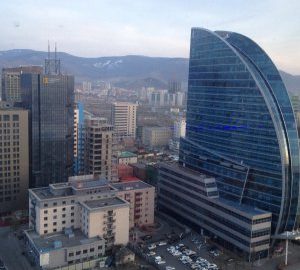Are you considering investing in a free zone? The benefits can go beyond logistical advantages—there are tax incentives you might be eligible for, depending on the nature of your business and your investment scale. Let’s explore the opportunities outlined in the Corporate Income Tax Law and how they can work for you.
What Are Free Zones?
Free zones are designated areas where businesses can operate under special regulations designed to encourage investment, innovation, and trade. To support economic development, many governments offer tax reliefs to incentivize investments in infrastructure and key facilities within these zones.
Tax Relief: How It Works
Under Article 22.5 of the Corporate Income Tax Law, businesses operating in free zones can enjoy significant tax breaks if they meet one of the following conditions:
1. Investing in Free Zone Infrastructure
If your business has invested $500,000 USD or more in critical infrastructure, such as:
- Energy and heating systems
- Pipelines and clean water supply
- Sewage systems
- Roads, railways, or airports
- Communication networkss
Then, 50% of the income you earn from the free zone—equal to the amount of your investment—will be exempt from corporate income tax.
2. Investing in Specific Free Zone Facilities
If your investment focuses on constructing or developing:
- Warehouses
- Loading and unloading terminals
- Hotels or tourism complexes
- Factories producing export-oriented or import-substituting products
And your investment totals $300,000 USD or more, you’re also eligible for a tax break. Similar to infrastructure investments, 50% of your income from the free zone—up to the value of your investment—is exempt from corporate income tax.
Beyond the tax incentives, free zones offer:
- Easier access to global markets
- Streamlined customs procedures
- Modern infrastructure tailored for business operations
- Networking opportunities with like-minded entrepreneurs
These advantages make free zones a hotspot for businesses aiming to expand regionally or globally while optimizing costs.

